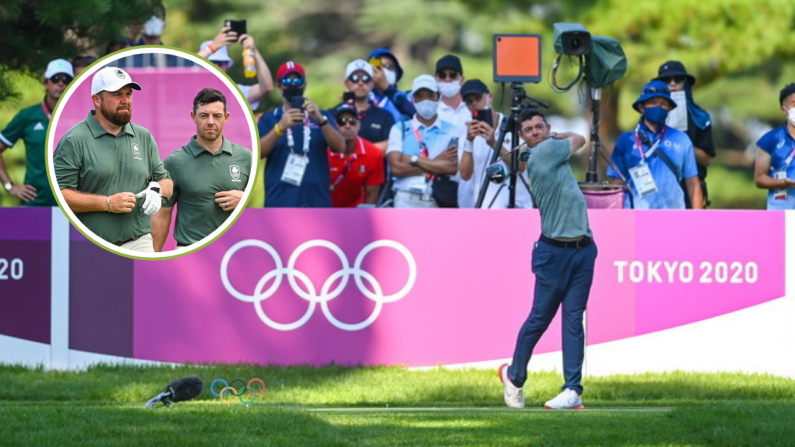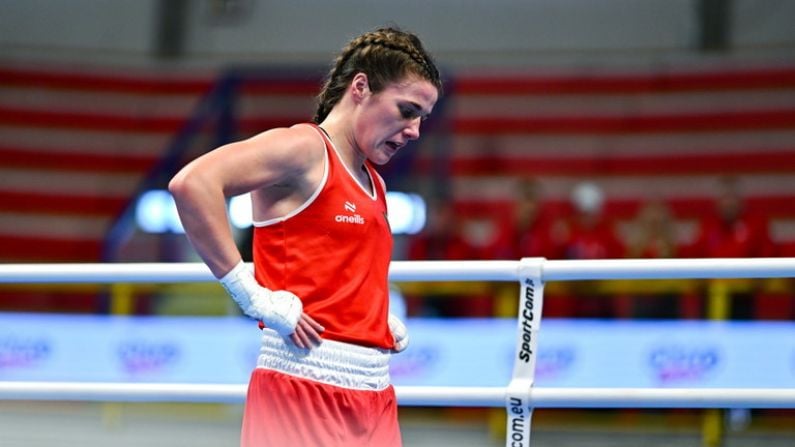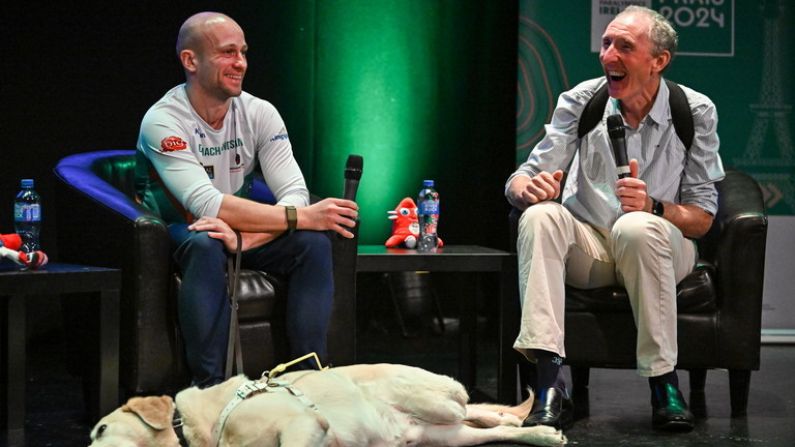The WADA Rio Report: The World Anti-Doping Agency's report into how anti-doping was managed and co-ordinated at the Rio Olympics does not make for pleasant reading.
Published on Thursday, the report states that "it appears that the rigorous DCO (doping control officer) recruitment, training and assessment procedures that were followed for the Vancouver and London Games were not followed for Rio."
An understatement, judging by some of the (scarcely believable) findings in the condemning WADA Rio report, which talks of the "serious failings" of the Rio anti-doping programme.
-Attendance at pre-Olympics training for 'chaperones' recruited as part of Rio's anti-doping programme was not mandatory, and even those who did attend the sessions were not taken through "the necessary role-play training, allowing chaperones to practice notifying mock athletes and completing the notification section of the doping control form." Nor did this training involve any practical assessment.
Much has been tweeted from WADA IO Report
This has not
Over 4,000 Rio competitors had NO testing pre-games
WTH pic.twitter.com/7orDiwSJ3f— 💉 Richard Ings : 🇷🇺 stop attacking 🇺🇦 (@ringsau) October 27, 2016
-Often attempts to test athletes were "compromised" because chaperones ("on several occasions, more than 50% of those expected") just didn't turn up, or were very late. As a result there often weren't enough chaperones of a certain gender to satisfy the numbers of athletes to be tested (a"gender match" is required between tester and athlete). This resulted in untrained, inexperienced volunteers having to "fill the gaps" and oversee a test.
A chaperone who had witnessed the passing of a sample by an athlete was seen walking through the DCS (doping control station) waiting room holding the athlete’s sample while looking for the DCS Manager to advise what to do next.
-DCOs were supposed to participate in training workshops held in the months leading up to Rio. Because of budget cuts this training was cancelled and meetings for DCOs held when they arrived in Rio. But these briefings were "delivered in English (with many DCOs not fluent), there was no practical assessment of any of the DCOs, and all international DCOs were assumed to be at the same level of experience and expertise".
-As a result of a contract with a local company falling through, there were "only ten blood collection officers (BCOs) in the entire doping control workforce in Rio". What is more, around half of those BCOs were also DCOs - and so at times could not fulfil their BCO role. On one day in the village, two BCOs were charged with conducting 94 blood tests - forcing athletes to wait an age for their test to occur. Even more shockingly, there was no blood testing done for a whole day during the Games because there was simply no BCO available. The blood testing was abandoned for the day, "even though the athletes in question had been notified and brought to the DCS".
-The DCOs'/chaperones' rosters were communicated to them "in fairly chaotic fashion" late at night, with changes "not communicated properly" and mission orders sometimes being made "only hours before" a mission. Inevitably as a result there were constant no-shows or late arrivals from DCOs and chaperones.
#sportslaw Wada; 'serious failings' at Rio; missing athletes, missed tests, missed opportunities for clean athletes? https://t.co/F4XmDgRMZl
— Jack Anderson (@sportslawQUB) October 28, 2016
-Due to improper handovers between DCS managers in between shifts, with "no debrief and very limited passing of information between shifts", chaperones on the second shift ended up approaching Olympic teams and asking similar questions regarding whereabouts of specific athletes to those that had been asked just a few hours earlier on the shift preceding theirs.
-Lack of or malfunction of technical equipment resulted in several problems, such as paperwork containing highly sensitive information not being shredded after use. In "at least two venues" there weren't even any appropriate bins in which to dispose of syringes after blood testing. In one example given, an athlete wished to wear gloves, rather than wash her hands, for a test (as provided for in international testing standard (ISTI) guidelines) - but there were no gloves available.
-Due to the lack of transport services provided for staff, one DCS manager had to sleep overnight in the testing centre after having to work late one night.
-There was a "failure to provide chaperones with sufficient meal tickets to allow them to have adequate meals for the often long shifts (and then long journeys home)". This contributed to a drop-off in volunteers.
-Problems the testing officers had co-ordinating testing with international sporting federations (IFs) got so bad that at one point one IF official simply "withdrew all cooperation with the doping control personnel working at his IF’s event". As WADA succintly put it, this "obviously made the work of the doping control personnel at that event much more difficult."
-National Olympic Committees (NOCs) were supposed to provide whereabouts information for athletes staying outside the Olympic Village. Many didn't do so as there was no sanction for failing to provide such information.
-Athletes often simply gave their whereabouts as "Athlete Village" - and because of lack of information and logistical challenges chaperones were often left to literally wander around the dining hall and other locations in the Village searching for the athlete or team officials/team-mates to ask them where they were. Often fruitlessly, as WADA report:
Ultimately, many athletes targeted for testing in the Athletes Village simply could
not be found and the mission had to be aborted. On some days, up to 50 percent of
planned target tests were aborted in this way. Some of the athletes in question were then put on mission orders for Out-of-Competition testing the following day, or
targeted for In-Competition testing on subsequent days, but due to the logistical
issues outlined above it was often the case that those tests could not be conducted
either. The WADA IO Team does not know how many athletes who were targeted for
testing at the Games were ultimately not tested.
These criticisms will do nothing to improve the image of Olympic sport at a time when in the eyes of many it is fighting for its very credibility. Improvements will no doubt be made ahead of the Tokyo Games in 2020 to try and match the high standards set in London in 2012 and move on from the catastrophe that was the anti-doping system at the Rio Olympics in 2016.












